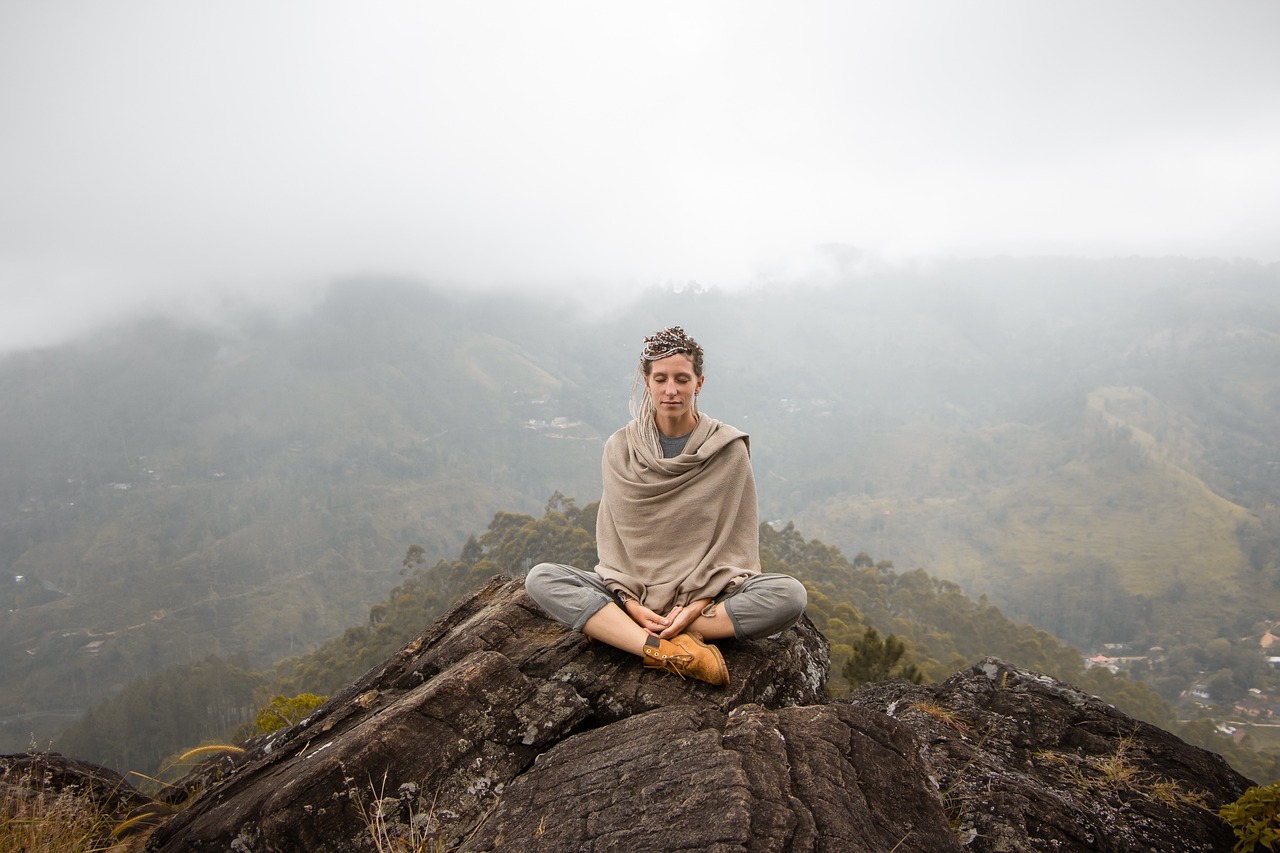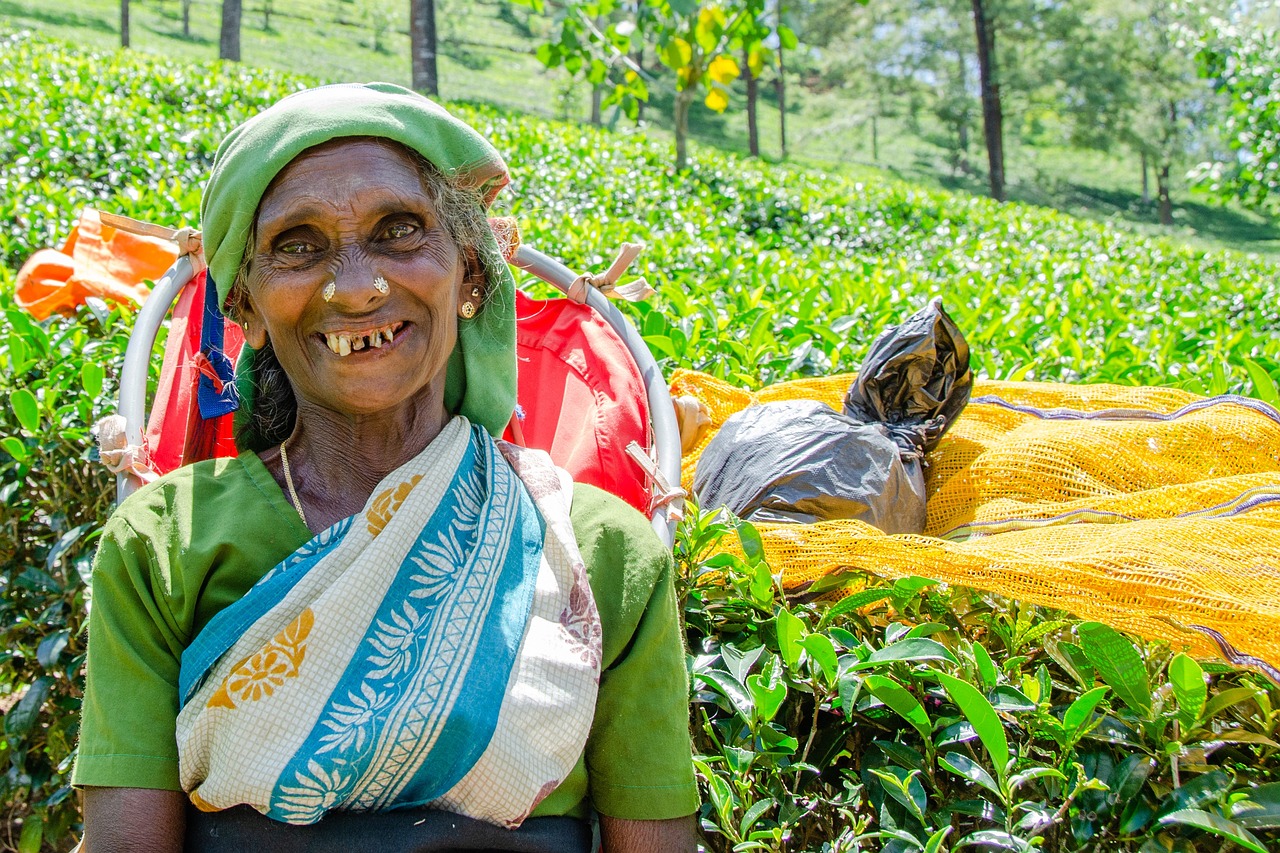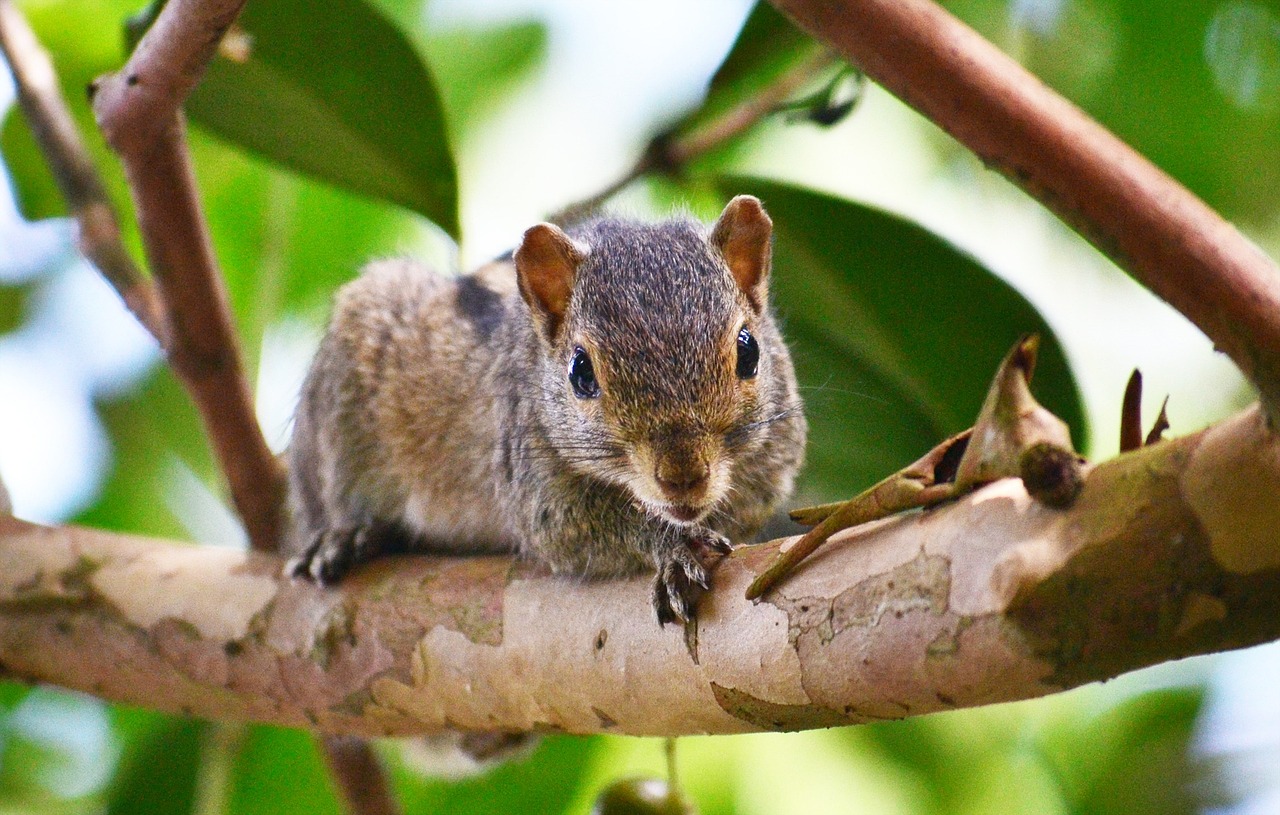Sri Lanka Video
Local Celebrations and Holidays: What to Expect in Sri Lanka
Sri Lanka is a country known for its vibrant culture and rich traditions. The island nation celebrates a wide range of local celebrations and holidays throughout the year. From religious festivals to national holidays, these events offer a unique insight into the diverse heritage of Sri Lanka. If you’re planning a visit to this beautiful country, here’s what you can expect during these special occasions.
New Year Celebrations
One of the most important celebrations in Sri Lanka is the Sinhala and Tamil New Year, which usually takes place in mid-April. This festive occasion marks the end of the harvest season and the beginning of the new year. The celebrations last for several days and include various traditions and customs. During this time, families gather to prepare traditional dishes, exchange gifts, and engage in cultural activities such as traditional games and dances.
- Avurudu Games: Traditional games like tug-of-war, pillow fights, and coconut scraping competitions are organized during the New Year festivities.
- Traditional Food: Families prepare special dishes like kiribath (milk rice), kokis (deep-fried crispy cookies), and kavum (oil cakes) to share with relatives and friends.
- Decorations: Homes are decorated with colorful patterns called “rangoli” and adorned with fresh flowers and oil lamps to bring prosperity and good luck for the coming year.
- New Year Rituals: The lighting of the hearth, known as the “nonagathe,” is an important ritual performed to invoke blessings for the household.
Vesak
Vesak, also known as Buddha Purnima or Buddha Day, is a significant religious holiday celebrated by Buddhists around the world. In Sri Lanka, Vesak is a grand affair that commemorates the birth, enlightenment, and death of Lord Buddha. The festivities take place in May and include colorful processions, illuminations, and acts of generosity.
- Lantern Processions: Streets are adorned with beautiful lanterns, and people take part in processions carrying lanterns of various shapes and sizes.
- Pandols: Elaborate and artistic structures called “pandols” are built to depict important events from the life of Buddha. These structures are illuminated and attract crowds of devotees.
- Dansalas: Devotees set up dansalas (free food stalls) along the streets, offering food and drinks to passersby as a gesture of generosity and kindness.
- Devotional Activities: Buddhists visit temples to engage in religious rituals, meditate, and make offerings to the monks.
Kandy Esala Perahera
The Kandy Esala Perahera is one of the most spectacular religious festivals in Sri Lanka. Held in the city of Kandy, this annual procession pays homage to the Sacred Tooth Relic of Lord Buddha, which is housed in the Temple of the Tooth. The event takes place over ten nights in July or August and attracts thousands of locals and tourists.
- Elephant Procession: The highlight of the perahera is the grand procession of caparisoned elephants, accompanied by traditional dancers, drummers, and flag bearers.
- Cultural Performances: Traditional Kandyan dance performances, fire dancers, and various cultural acts entertain the spectators throughout the procession.
- Devotees and Pilgrims: People from all over the country flock to Kandy to witness the perahera and pay their respects to the Sacred Tooth Relic.
- Fireworks: The festival concludes with a spectacular fireworks display, lighting up the night sky over Kandy.
Deepavali
Deepavali, also known as Diwali, is a significant Hindu festival celebrated by the Tamil community in Sri Lanka. This festival of lights usually falls in October or November and symbolizes the triumph of light over darkness and good over evil. During Deepavali, homes are decorated with oil lamps, and families come together to celebrate.
- Lighting of Lamps: Homes are adorned with rows of oil lamps, signifying the victory of light over darkness.
- Firecrackers: Fireworks and firecrackers are set off to ward off evil spirits and bring joy and prosperity.
- Sweet Treats: Families prepare and exchange traditional sweets like ladoos and jalebis to celebrate the festival.
- Prayers and Offerings: Devotees visit temples to offer prayers and seek blessings from the deities.
Sri Lanka Image 1:

Thai Pongal
Thai Pongal is a harvest festival celebrated by the Tamil community in Sri Lanka. This four-day festival usually takes place in mid-January and is dedicated to the Sun God, expressing gratitude for a bountiful harvest. Thai Pongal is marked by various rituals and customs.
- Pongal Cooking: The main highlight of the festival is the preparation of Pongal, a special dish made with newly harvested rice, jaggery, and milk.
- Decorations: Homes are decorated with colorful kolam designs made with rice flour to welcome prosperity and good fortune.
- Worship and Offerings: Devotees perform prayers and make offerings to the Sun God, seeking blessings for a prosperous year ahead.
- Traditional Games: Various traditional games and activities are organized, bringing communities together in a spirit of joy and celebration.
Sri Lanka Image 2:

Independence Day
Independence Day is a significant national holiday in Sri Lanka, celebrated on the 4th of February each year. This day marks the country’s independence from British colonial rule in 1948. The celebrations include flag hoisting ceremonies, parades, cultural performances, and fireworks.
- Flag Hoisting: The national flag is hoisted in schools, government offices, and public places to commemorate the country’s independence.
- Parades and Pageantry: Colorful parades featuring the military, school bands, and cultural groups showcase the country’s heritage and achievements.
- National Anthem: The national anthem is sung in unison, expressing patriotism and unity.
- Cultural Performances: Traditional dances, music performances, and theatrical shows entertain the spectators during the celebrations.
Sri Lanka Image 3:

Christmas
Although Sri Lanka is predominantly a Buddhist country, Christmas is celebrated by the Christian community with great enthusiasm. The holiday season brings festive cheer, decorations, and joyful gatherings.
- Church Services: Christians attend special church services and participate in prayers, carols, and nativity plays.
- Christmas Decorations: Homes, shops, and streets are adorned with colorful lights, Christmas trees, and decorations.
- Exchanging Gifts: Families and friends exchange gifts and indulge in festive feasts to celebrate the spirit of giving.
- Christmas Markets: Festive markets offer a variety of seasonal treats, handicrafts, and entertainment for visitors.
Conclusion
Sri Lanka’s local celebrations and holidays provide a fascinating glimpse into the country’s vibrant culture and religious diversity. Whether you’re witnessing the grand processions of the Kandy Esala Perahera or immersing yourself in the joyous festivities of the Sinhala and Tamil New Year, these celebrations offer a unique experience for both locals and tourists. By participating in these events, you can gain a deeper understanding of Sri Lanka’s rich traditions and create lasting memories.
References
- srilanka.travel
- lanka.com
- srilankatourism.org
- gov.lk
- amazinglanka.com
- lankapage.com
- lankanewspapers.com
- srilankaholidays.net
- srilankatravelnotes.com
- lonelyplanet.com


